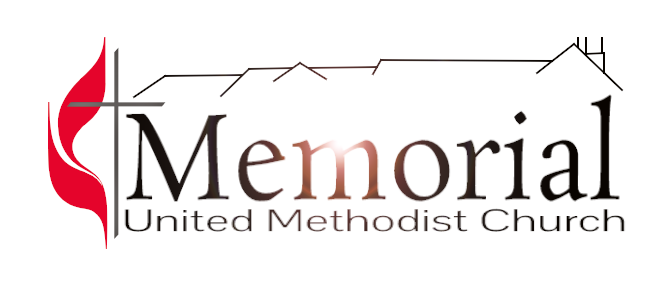The Staff-Parish Relations Committee serves as the “Human Resources” arm of the church. Enjoy the following description of the work of the SPRC from the Discipleship Ministries of the United Methodist Church.
RESULT EXPECTED
An effective committee builds a strong positive relationship between staff and congregation so that the congregation makes disciples of Jesus Christ for the transformation of the world. This committee will work with the lead pastor and other staff to fulfill legal and ethical responsibilities related to staff.
SPIRITUAL GIFTS AND QUALIFICATIONS HELPFUL FOR THE JOB
Individuals on this committee should have one or more of these spiritual gifts: exhortation (encouragement), wisdom, discernment, administration, shepherding, helping, servanthood, and leadership. This committee should be diverse in age, experience, and interests, bringing all interests of the ministry to the attention of the staff. Some experience in human relations, personnel management, and communications is helpful. These individuals must listen well to both staff and people of all ages in the congregation, while keeping a focus on the mission of the church. This committee must be able to maintain confidentiality.
RESPONSIBILITIES OF THE CHAIRPERSON
The chair is the congregation’s primary connection with the district superintendent and bishop related to the appointed leadership of the congregation. This individual leads the committee by preparing and communicating the agenda for meetings, leading the meetings, and following up on actions by assigning responsibility for implementation. This person should become familiar with United Methodist resources and organizations.
RESPONSIBILITIES OF THE COMMITTEE
- Committee members maintain a healthy and growing personal spiritual life. They engage in biblical and theological reflection about the mission of the church and biblical leadership.
- This committee encourages, strengthens, nurtures, supports, and respects the pastor(s) and staff and their families. They confer regularly about the personnel conditions and issues that affect the congregation’s total ministry, including healthy life-work balance. They help the staff set priorities.
- This committee communicates openly and regularly with the pastor(s), staff, and congregation.
- In consultation with the lead pastor and with awareness of the strategy of the church leadership team, this committee recommends needed staff positions and develops and approves written job descriptions and titles for staff.
- This committee recommends compensation, travel, housing, and other financial matters to the church council through the finance committee.
- In consultation with the pastor(s), the committee recommends to the church council a written statement of policy and procedures for hiring, evaluating, promoting, retiring, and dismissing staff members who are not subject to episcopal appointment (procedures must comply with local and state laws).
- This committee is responsible for carrying out, through appropriate agencies, proper screening (including background checks) for lay employees and volunteer staff.
- This committee weighs several factors as it meets with the district superintendent and/or the bishop in an advisory capacity related to clergy leadership. Committee members consider the age and stage of the congregation. They must have an understanding of the feelings and desires within the congregation about the pastor’s leadership and appointment. They also consider the culture and needs of the community around the church.
- This committee provides an annual evaluation of the pastor(s) and other staff for ongoing effective ministry.
- This committee enlists, evaluates, and annually recommends candidates for professional ministry to the charge conference.
- The work of the committee may include subteams (such as a parsonage committee or a volunteer staff committee). The committee on nominations and leadership development may help identify people for these groups.
- The committee works with the pastor and district superintendent to develop a church profile that reflects the needs, characteristics, and opportunities for mission of the charge consistent with the church’s statement of purpose. The profile will be reviewed annually and updated as per paragraphs 427 and 428 in the Book of Discipline.
GETTING STARTED
Discipleship Ministries. General Board of Discipleship, United Methodist Church. (2016, Aug 19). Pastor/Staff-Parish Relations Committee Job Description.
- Work to understand the mission and vision of your congregation and your leadership role in advancing toward the vision for ministry.
- Learn what life is like for people in your community. Gather information by being attentive to the congregation and the neighborhood. Ask questions and listen deeply.
- Set aside time for prayer. Express your concerns, joys, and observations to God. Listen for God’s direction for your leadership and your congregation.
- Convene a meeting of the committee to get acquainted, share hopes and concerns, and begin to plan work for the year. There are responsibilities for each quarter outlined in Guidelines for Leading Your Congregation: Pastor-Parish Relations Committee, 2017-2020.
- Participate in training experiences and spiritual growth opportunities.
https://www.umcdiscipleship.org/resources/pastor-staff-parish-relations-committee


